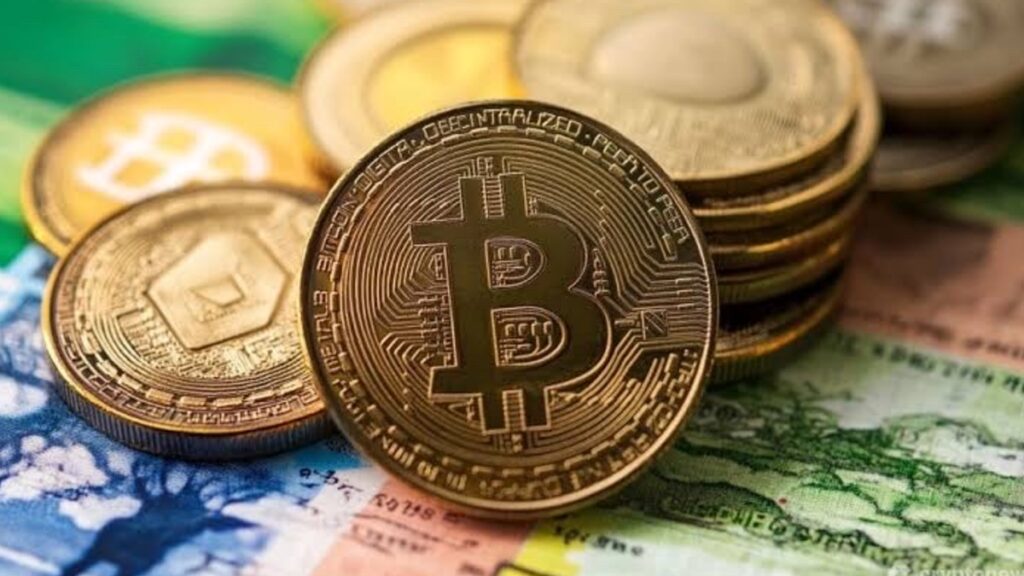Drex can submit proposal applications to the Central Bank of Brazil between October 14 and November 29.

The Central Bank of Brazil has declared that it has already approved 13 cases with intricate requests for tokenized real estate, encompassing government-backed loans, agriculture assets, assets in public networks, vehicle negotiations, carbon credits, debentures, and real estate.
According to a Valor article, the Drex pilot’s Executive Management Committee will be accepting applications from October 14 to November 29 for the use of the digital real token.
The central bank’s digital currency pilot project, Drex, has entered its second phase. In comparison to the use cases examined in the first phase, the Central Bank hopes to acquire more complicated use cases and increase the number of participants.
In the initial round of the pilot project’s testing, sixteen consortiums—most of which were headed by banks—registered to use real in a decentralized digital network by exchanging “tokenized” federal government bonds for bank deposits.
The bank added that since four candidates cannot develop a scalable solution for “hiding” participant transactions, they should keep testing their privacy solutions.
The Brazil Central Bank developed Drex, a digital currency, to establish a “tokenization” framework within the country’s financial system.
Concerning the use of digital currency in Brazil, João Pedro Nascimento, President of the Brazilian Securities and Exchange Commission, stated that tokenization is a business model that is “here to stay” and that the integration of the crypto industry into the financial system needs to be done in a way that complies with regulations.
Nascimento also mentioned how better investment product distribution will result from the blockchain’s integration of conventional financial assets.
Brazil is developing its CBDC to match a worldwide trend. Data from Atlantic Council indicates that up to 134 nations are considering implementing CBDC.
Among the 65 nations that have already advanced their CBDC development is Brazil. As of October 11, 180 million personal wallets and a total transaction volume of ¥7.3 trillion yuan, or $1.02 trillion, it had been registered on China’s digital renminbi, e-CNY, or CBDC.
